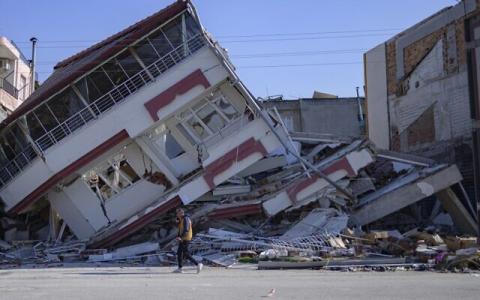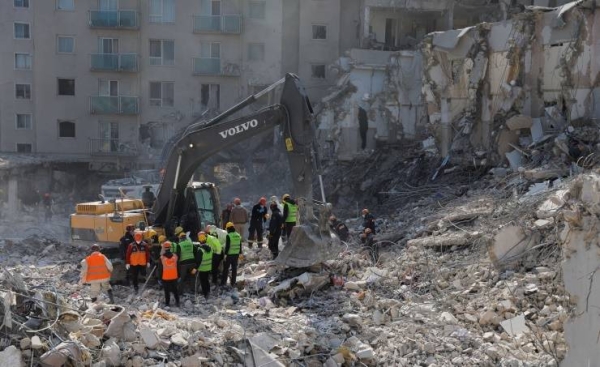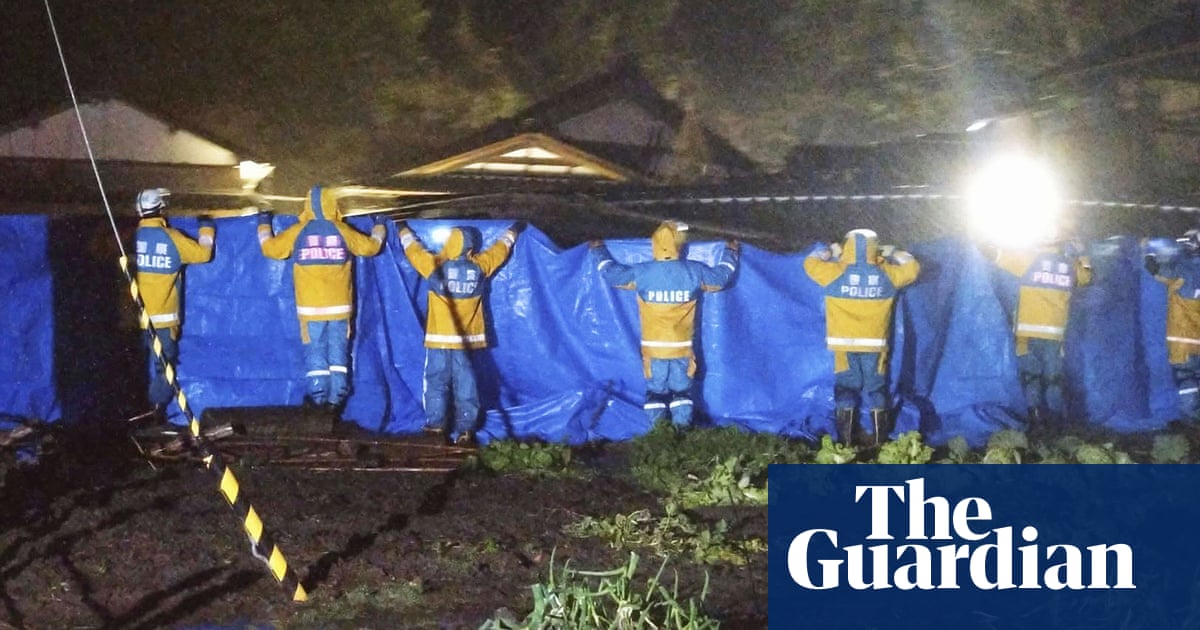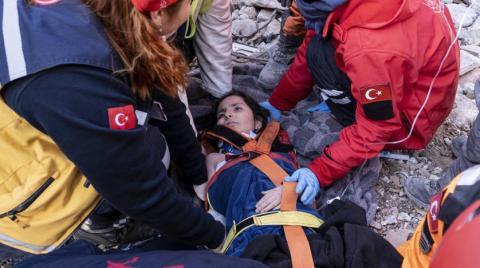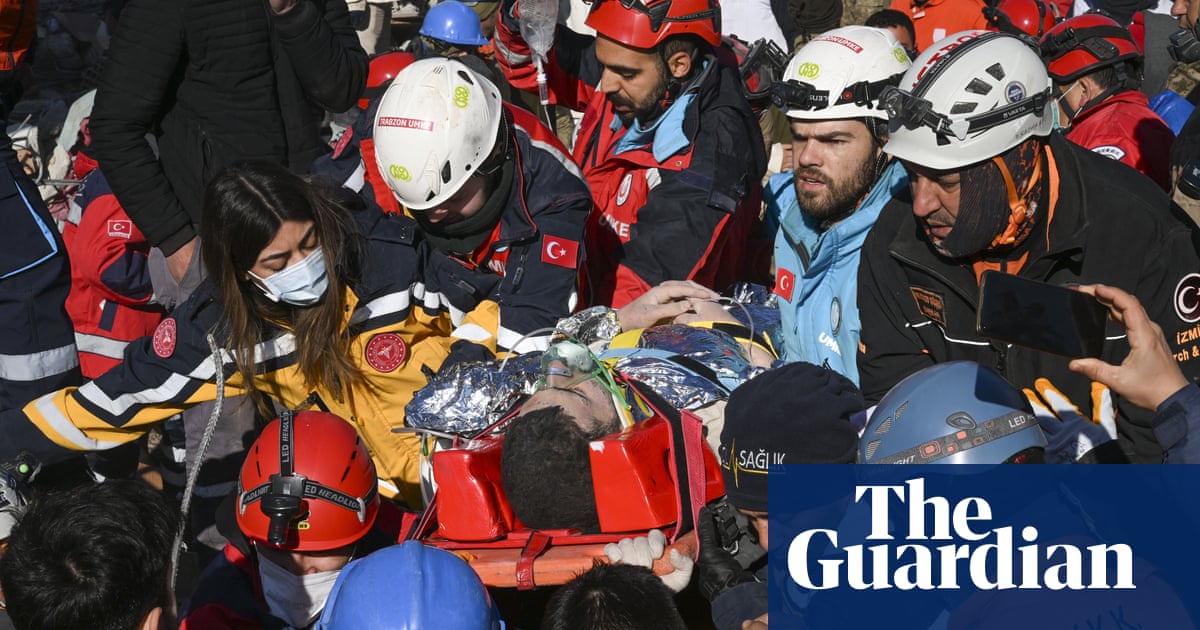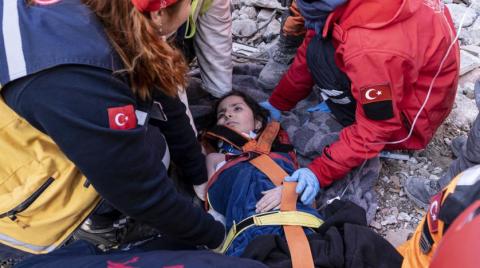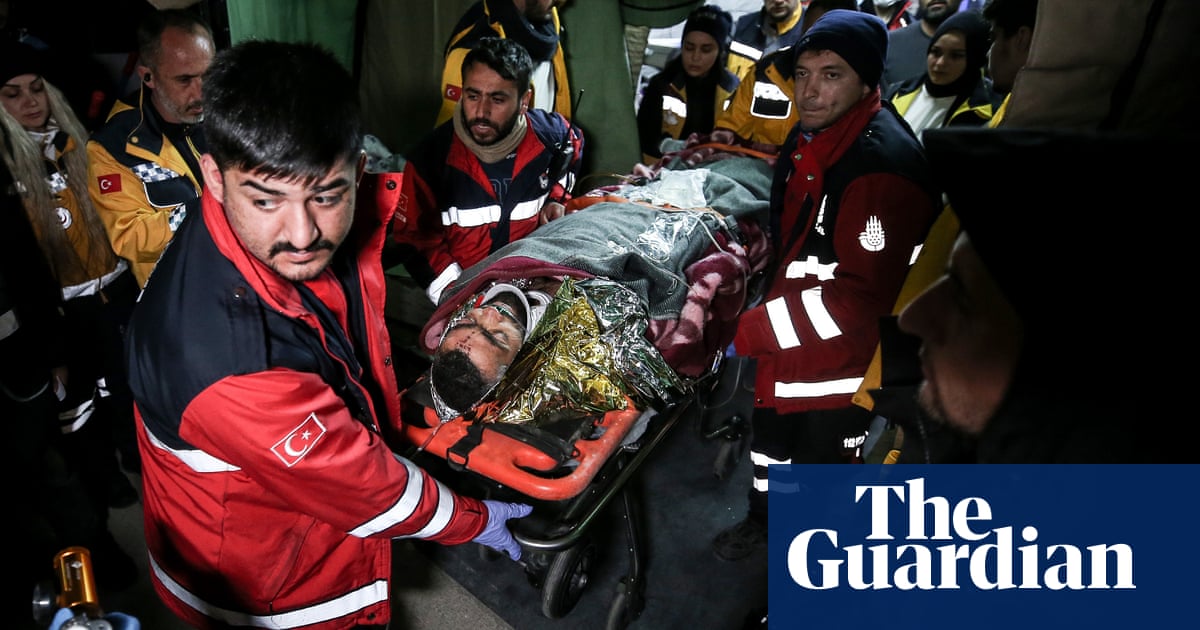
Rescue teams have pulled three people alive from under collapsed buildings in Turkey, 11 days after an earthquake that has killed more than 45,000, left millions homeless and sparked a huge relief effort.
Mosques around the world performed absentee funeral prayers for the dead in Turkey and Syria, many of whom could not receive full burial rites given the enormity of the disaster.
While many international rescue teams have left the vast quake zone, survivors were still emerging from under a multitude of flattened homes, defying the odds.
Hakan Yasinoglu, in his 40s, was rescued in the southern province of Hatay, 278 hours after the 7.8 magnitude earthquake struck in the dead of night on 6 February, the Istanbul fire brigade said.
Earlier, Osman Halebiye, 14, and Mustafa Avci, 34, were saved in Turkey’s historic city of Antakya. As Avci was carried away, he was put on a video call with his parents who showed him his newborn baby.
“I had completely lost all hope. This is a true miracle. They gave me my son back. I saw the wreckage and I thought nobody could be saved alive from there,” his father said.
An exhausted Avci was later reunited with his wife, Bilge, and daughter Almile at a hospital in Mersin.
Experts say most rescues occur in the 24 hours after an earthquake. However, a teenage girl was saved 15 days after Haiti’s massive 2010 quake, giving hope that more people may yet be found.
The death toll in Turkey now stands at 39,672, making it the worst disaster in the country’s modern history. But this number is expected to rise further given about 264,000 apartments were lost in the quake and many people are still unaccounted for.
In neighbouring Syria, already shattered by more than a decade of civil war, authorities have reported more than 5,800 deaths. The toll has not changed for days.
The bulk of Syria’s fatalities have been in the north-west, an area controlled by insurgents who are at war with President Bashar al-Assad – a conflict that has complicated efforts to aid people affected by the earthquake.
The sides clashed overnight for the first time since the disaster, with government forces shelling the outskirts of Atareb, a rebel-held town badly hit by the earthquake, the Syrian Observatory for Human Rights reported on Friday.
Neither Turkey nor Syria have said how many people are still missing after the quake.
For families still waiting to retrieve relatives in Turkey, there is growing anger over what they see as corrupt building practices and deeply flawed urban development that resulted in thousands of homes and businesses disintegrating.
One such building was the Renaissance, which keeled over in Antakya, killing hundreds.
“It was said to be earthquake-safe, but you can see the result,” said Hamza Alpaslan, 47, whose brother had lived in the apartment block. “It’s in horrible condition. There is neither cement nor proper iron in it. It’s a real hell.”
Missing Ghanaian footballer Christian Atsu, who played for local team Hatayspor, is also believed to have lived in the complex. Club manager Fatih İlek revealed on Friday that he had been scheduled to leave Turkey hours before the quake hit, but decided to stay after scoring an important goal for his team.
“This was his destiny. He had a ticket to go but because he scored, he changed his mind about leaving. He was caught in an earthquake on his happiest day,” said İlek.





